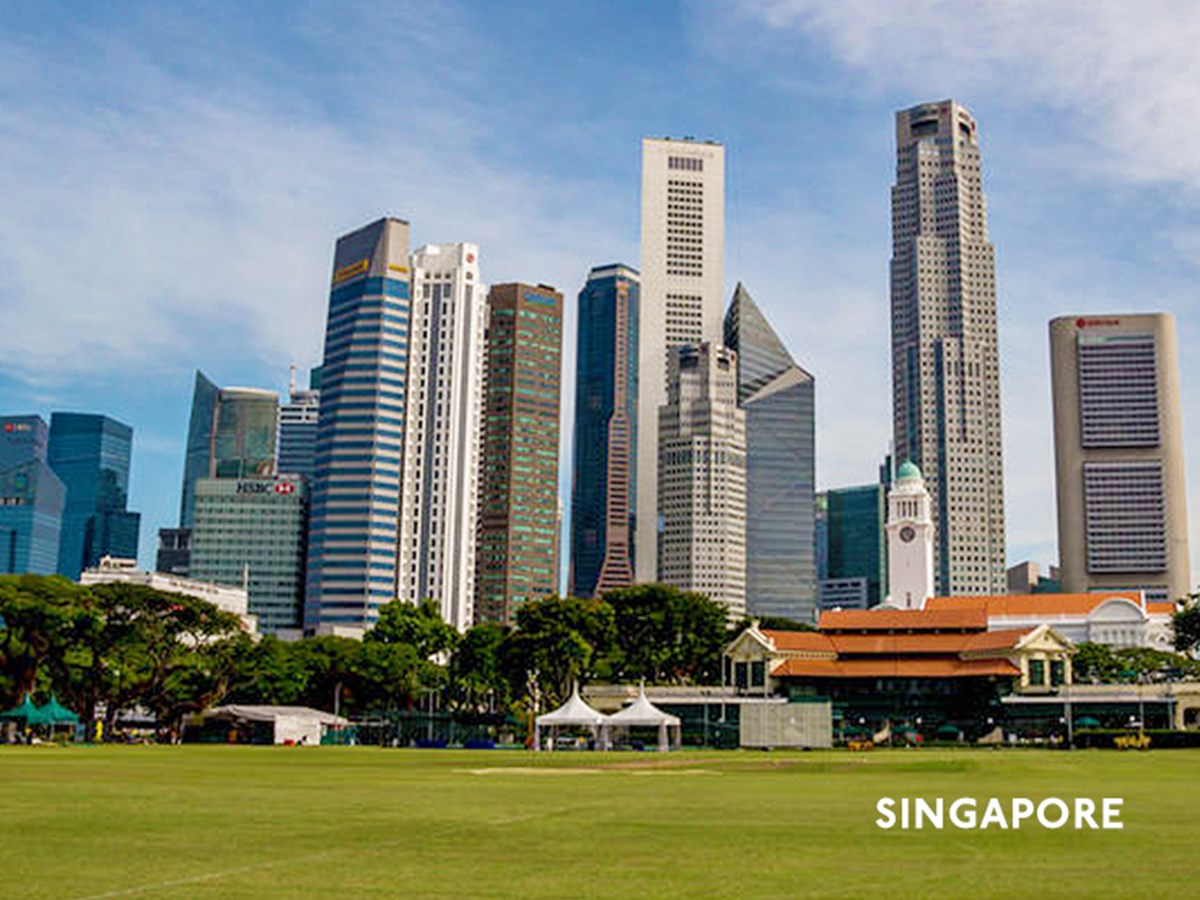
Knowledge Highlights 17 April 2025

Under the Developers (Anti-Money Laundering and Terrorism Financing) Act 2018 (“Act”), developers in Singapore will have to comply with new anti-money laundering and terrorism financing (“AMLTF”) responsibilities from 28 June 2023. The Act amends both the Housing Developers (Control and Licensing) Act 1965 (“HDCLA”) and the Sale of Commercial Properties Act 1979 (“SCPA”) to put in place new requirements for developers to facilitate detection of money laundering (“ML”) and terrorism financing (“TF”), and to bar persons from being involved in developer activities if they have been convicted for ML and TF offences.
To support the implementation of the Act, the following rules have been enacted:
(together, “Rules”).
On 10 March 2023, the Urban Development Authority (“URA”) issued a circular on Implementation of New Requirements for Developers against Money Laundering and Terrorism Financing, along with the Guidelines for Developers on Anti-money Laundering and Counter Terrorism Financing (“Guidelines”).
The new AMLTF requirements will apply to all licensed housing developers, including existing and newly licensed housing developers. Developers are required to comply with the new AMLTF requirements so long as they are regulated under the HDCLA and SCPA.
Developers are also required to comply with the requirements on AMLTF in the Corruption, Drug Trafficking and Other Serious Crimes (Confiscation of Benefits) Act 1992 (“CDSA”), the Terrorism (Suppression of Financing) Act 2002, and the United Nations (Anti-Terrorism Measures) Regulations enacted under the United Nations Act 2001. Further, real estate agents are governed by guidelines issued by the Council for Estate Agencies requiring estate agents to perform due diligence checks for suspicious transactions.
Date of implementation
To give developers sufficient time to put in place policies, procedures and processes to comply with the AMLTF requirements, the new requirements will be implemented with effect from 28 June 2023. The revised housing developer’s licence application form incorporating the AMLTF requirements will be made available on URA’s website on the same day.
The following are the key provisions of the Act.
New AMLTF duties for developers
The Act introduces new requirements for developers to facilitate the detection of ML and TF activities including the following:
Developers will be prohibited from opening or maintaining any account for, or hold and receive monies from, an anonymous source or a purchaser with an obviously fictitious name.
Further details about these new requirements can be found in the Guidelines.
Penalties for failure to comply with the new requirements include a fine of up to S$100,000 and, in the case of a housing developer, possible revocation or suspension of the housing developer’s licence.
Barring persons convicted of ML and TF offences from developer activities
A person who has been convicted of any ML or TF offence is barred from being or becoming a substantial shareholder of a developer and from holding or continuing to hold a responsible position in a developer.
Further, the Controller of Housing may revoke or suspend, for a period not exceeding 12 months, any licence granted to a housing developer who has been convicted of any ML or TF offence, or in the case of a company, if the housing developer has a substantial shareholder who has been convicted of any ML or TF offence.
New monitoring and enforcement powers for the Controller of Housing
Under the new law, the Controller of Housing will also be given new enforcement powers to ensure compliance with the new provisions. These include powers to require developers to produce relevant information, retain documents and disclose information for the purposes of an investigation of any criminal offence and any subsequent criminal proceedings.
Reference materials
The following materials are available on Singapore Statutes Online sso.agc.gov.sg and the URA website www.ura.gov.sg: